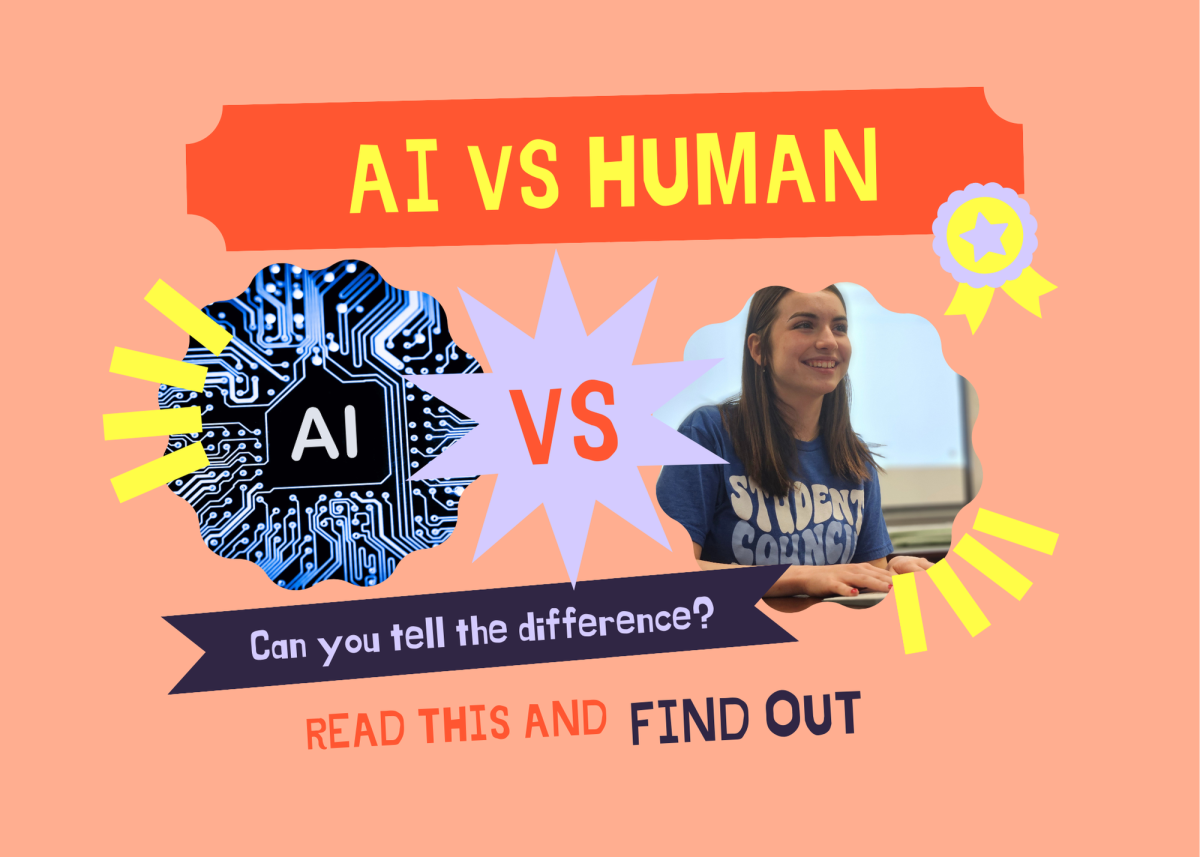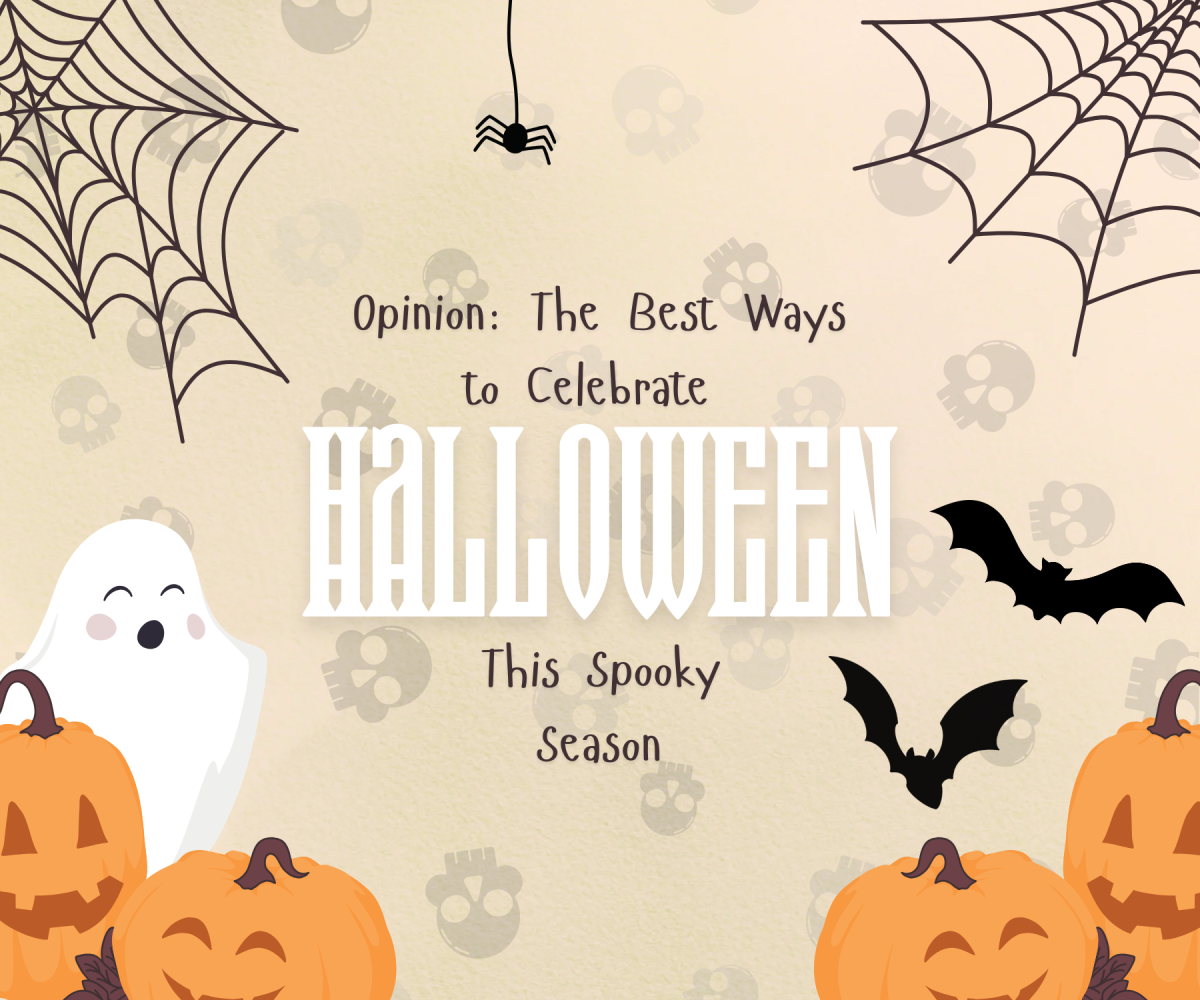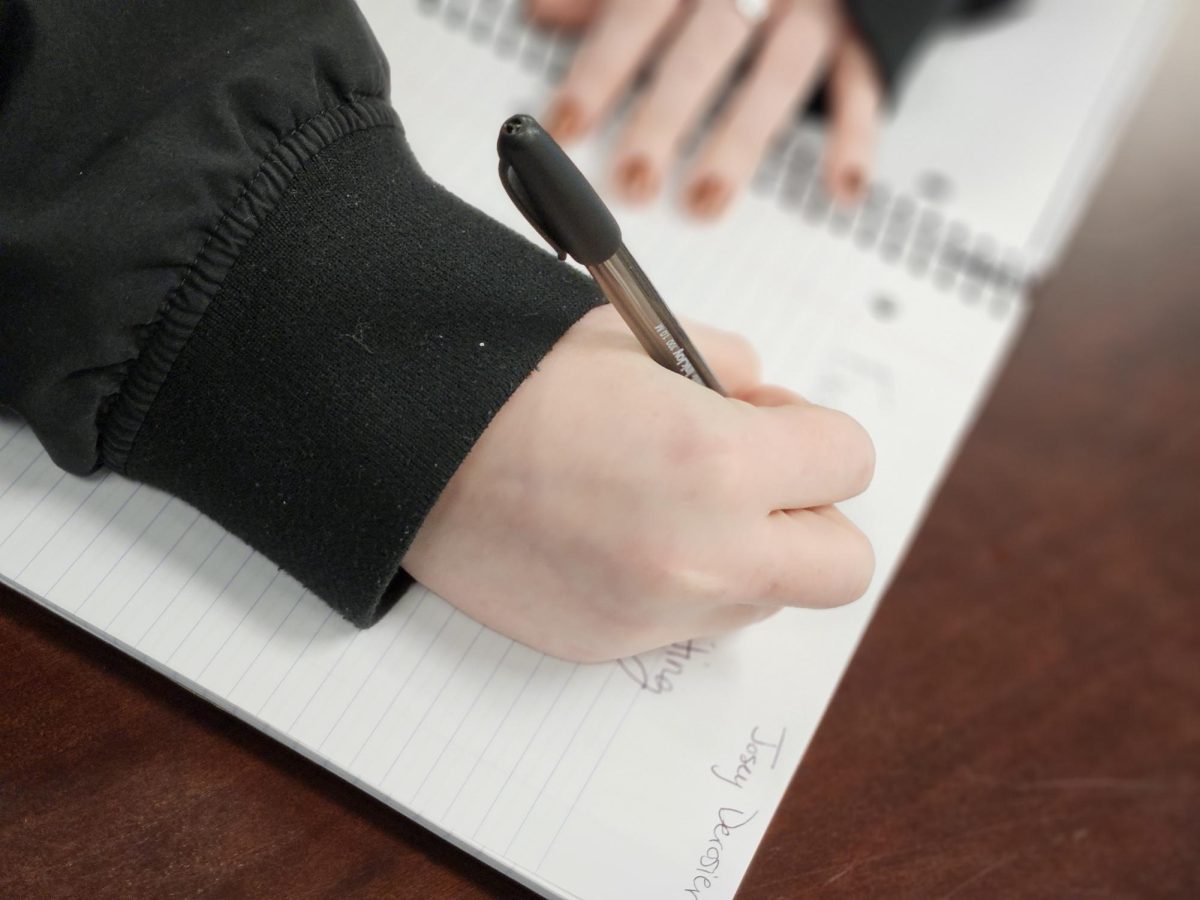YouTube, a platform known for its diverse range of content, has a genre that needs to be noticed: family channels. These channels often portray a “perfect” life, featuring heartwarming moments, adorable kids, and a tight-knit family. However, beneath the surface of this seemingly family-friendly entertainment, there’s a whole world of controversy and concern.
One of the most significant problems with family channels on YouTube is the exploitation of children for clicks and views. Many channels show their kids in embarrassing or emotionally charged situations, all for the sake of getting more views. Family vloggers may try to capture every aspect of their children’s lives, including moments that could be considered private, such as bath time, medical issues, or emotional breakdowns. This invasive filming can rob children of their right to privacy and the freedom to grow up without a digital trail of their most personal moments. In addition, the pressure to maintain an engaging and often perfect online persona can lead parents to prioritize their online image over the emotional well-being of their children. In some instances, children may feel emotionally neglected and may even lack their basic needs.
A prime example of this is a channel by the name of ‘8 passengers.’ Ruby Franke is a mother of six and a formerly popular family vlogger on a YouTube channel that began in 2015. She became subject to widespread criticism online for her interesting parenting choices. One of the most infamous incidents was in which Franke refused to bring food to school for her six-year-old daughter, who had forgotten to pack her own lunch. In another, she took away her child’s bed for six months because he was teasing his brother. Many other times she could be seen threatening to withhold food or punishing her children in ways people found to be too severe. This was all documented on the ‘family-friendly’ ‘8 Passengers’ YouTube channel for their 2.5 million subscribers at the time.
Earlier this year USA Today reported that on Aug. 30, Ruby Franke was arrested on six felony counts each of aggravated child abuse. One of her children climbed out of the window and went to a neighbor’s house asking for food and water. The neighbor then noticed duct tape wrapped around the child’s wrists and ankles and called the police. The police reported the child as being “severely emaciated and malnourished, with open wounds” and also discovered other malnourished children inside the home after investigating further. This incident reveals the dark side of Franke’s YouTube channel featuring her children, and she is currently awaiting trial. (USA Today – Who is Ruby Franke?)
In addition, in the world of family channels, drama equals views. Some channels manufacture drama, conflict, and controversy, even if it’s not authentic, all for the sake of increasing their audience engagement. This type of contact can negatively impact children’s emotional development, as they may not understand the difference between scripted drama and real life.
An example of this is the ACE family. According to Karishma Rao of SK Pop, while the family of Austin, Catherine, and their daughter Elle were on a trip at Disneyland, their house was allegedly broken into. However, many of the facts were seemingly off in their YouTube video discussing the issue. They did not have any footage of the break-in despite having cameras installed all around their house. Many subscribers also believed that the family hired cops to play along during the video as the ones shown were unprofessional and were also seen on a flyer advertising those same cops as actors. Additionally, the “robber” broke in through a shattered glass door, and the thumbnail of the YouTube video shows the family of three posing in front of it, acting shocked. Some suggested if the robbery were real, they would not pose for the thumbnail. (Sports Keeda – ACE Family House Drama Explained)
Whether or not the robbery was real, this experience can result in heightened anxiety and fear in their child and other children who may experience real or fake drama. They may develop a fear of security or strangers, and this anxiety can carry into their daily lives, making them more susceptible to stress and anxiety-related disorders.
While it’s important to acknowledge that not all family channels on YouTube are harmful, these examples reveal a darker side to the platform’s family-friendly content. To protect the emotional and psychological well-being of children in these channels, it’s essential for both creators and YouTube as a platform to enforce their guidelines and ensure ethical practices within this genre of content. The line between entertainment and exploitation must be drawn clearly, keeping the children’s best interests at the forefront.












